Australians are set to spend billions on Boxing Day sales as retailers prepare larger discounts than usual after a slow year.
Sales spending for the Boxing Day period to December 31 is set to be around $9 billion including $3 billion on Boxing Day itself, retailers say.
Flat sales have resulted from multiple interest rate hikes and economic uncertainty in the lead-up to Christmas, National Retail Association director Rob Godwin said.
Retailers will try to offset this slow period with larger Boxing Day discounts in a bid to boost end-of-year spending, according to the association which represents fast food outlets and other retailers.
“That’s good news for buyers, but it’s also important for retailers as it provides the cashflow they need to sustain their business operations and employment levels through the quieter parts of the new year,” he said.
NSW and Victoria are largely expected to out-spend the other states, dropping $997 million and $926 million respectively on Tuesday, according to data released by the Australian Retailers Association (ARA).
Queenslanders will take bronze with a predicted spend of $514 million, followed by shoppers in Western Australia with $260 million, South Australia with $145 million, Tasmania and the ACT with more than $60 million each and the Northern Territory with $30 million.
The ARA expects spending over the extended Boxing Day sales period – between December 26 and January 15 – at almost $24 billion, up some $400 million from last year’s sales period.
But ecommerce logistics platform Shippit said retailers should expect as much as a 40 per cent decline in Boxing Day sales because shoppers spent big on Black Friday and Cyber Monday sales.
Almost 40 per cent of Australians – some 7.5 million people – plan to shop the Boxing Day sales, according to comparison website Finder.
It said average shoppers are expected to fork out over $310, with women ($132) splashing more cash than men ($92).
Gen Y tops its spenders’ list with $188, followed by Gen Z ($143), Gen X ($89) and Baby Boomers ($23).
Citing survey results, Finder says one quarter of Australians find the influx of texts and emails about sales unbearable, while one in ten admit making an impulse purchase they shouldn’t have.
Dominic Giannini
(Australian Associated Press)





